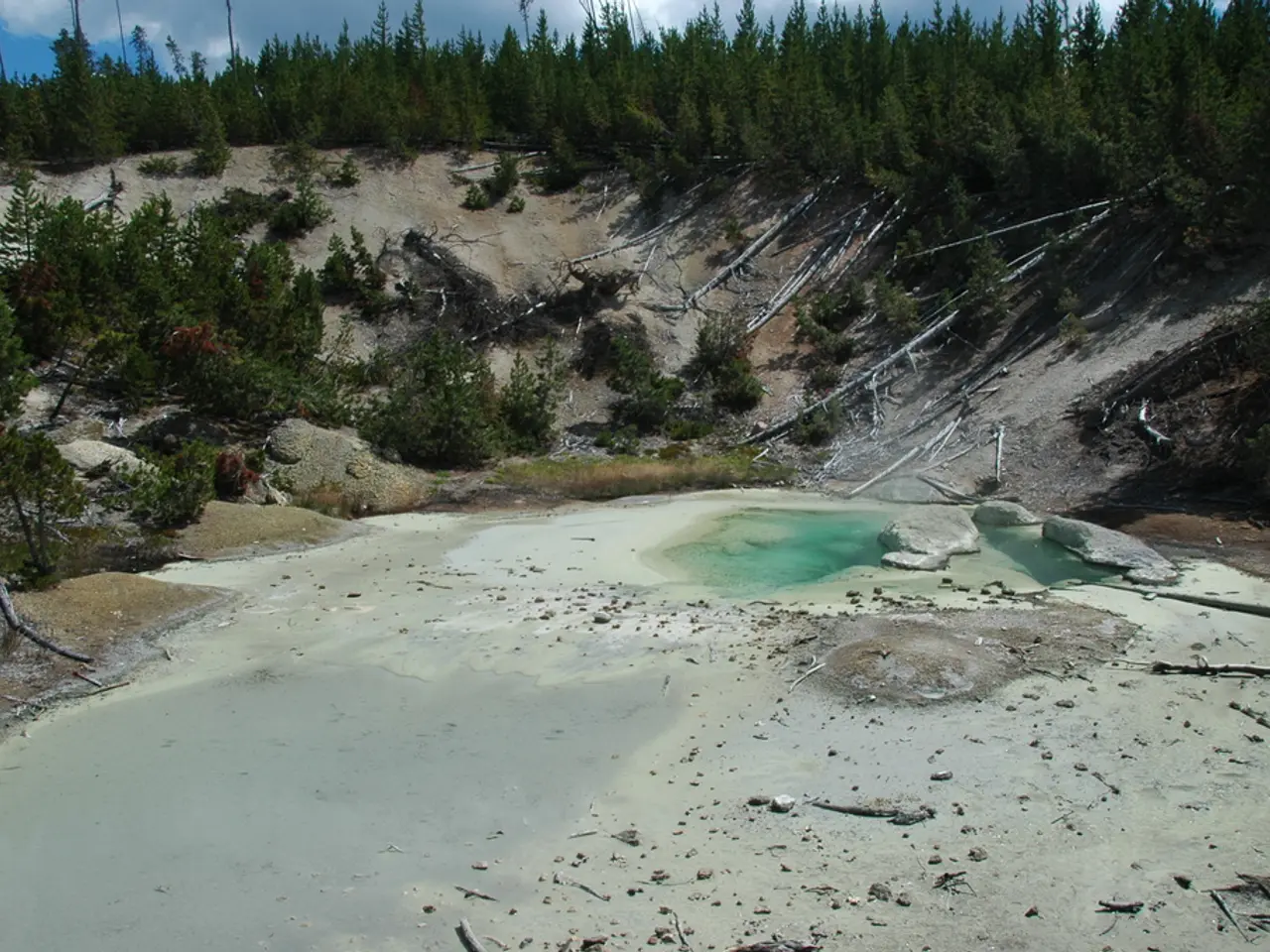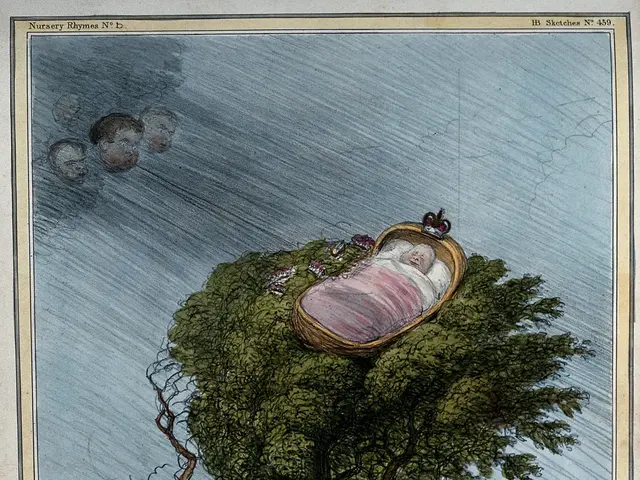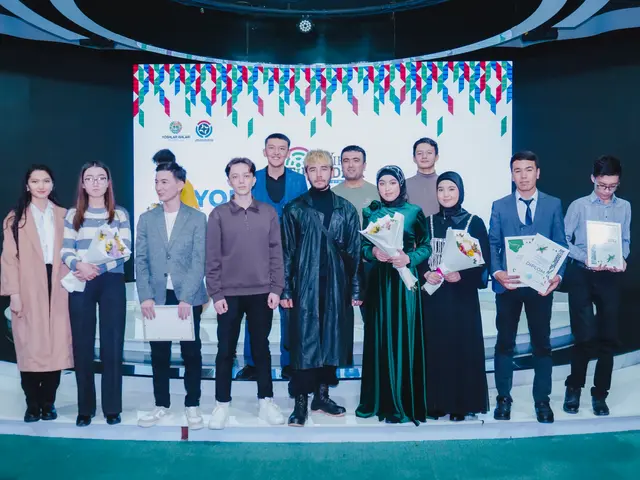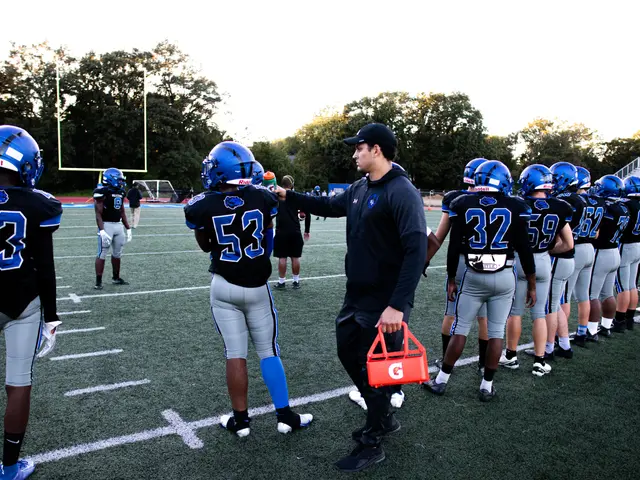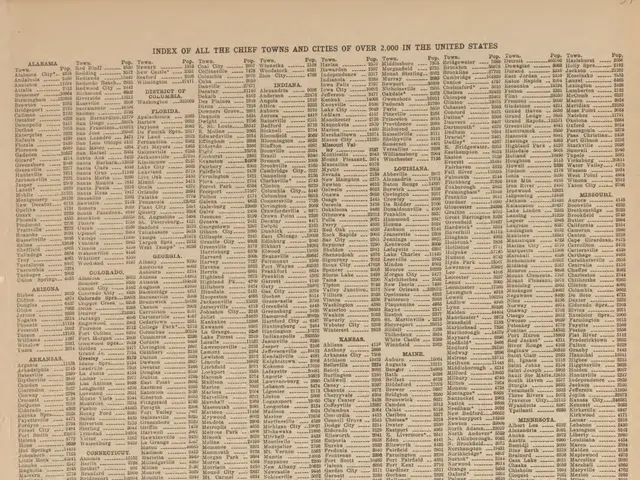Obstacles persist in securing Vietnam's water supplies
On September 16, the Vietnam Business Council for Sustainable Development (VBCSD) held its eighth annual media engagement programme, with this year's theme focusing on "Strengthening governance and conservation of water resources for sustainable development and effective climate change adaptation."
The event, attended by nearly 70 representatives from VBCSD members and media agencies covering sustainability issues, featured a seminar providing updated insights into sustainable water governance. The WWF highlighted effective tools such as the Water Risk Filter and the Water Stewardship framework, emphasizing that water security can only be ensured through joint efforts by government, businesses, communities, and the media.
Nguyen Quang Vinh, vice chairman of the VCCI and chairman of VBCSD, delivered the opening remarks, stressing the importance of businesses in conserving and using water resources effectively. He underscored the need for stronger policy frameworks, financial backing, and the media's role in raising awareness and connecting communities.
One of the key speakers was Nguyen Huu Hoang, head of sustainability at Heineken Vietnam. Hoang emphasized that water and nature conservation are top priorities in the company's sustainability strategy. In fact, Heineken Vietnam achieved water balance at the Tien River basin five years ahead of schedule.
The programme also included a site visit to Coca-Cola Vietnam's Hanoi plant, where the company has been a pioneer in sustainable water management in recent years. By implementing water-saving technologies and community water stewardship programs, Coca-Cola Vietnam has significantly improved water efficiency in Hanoi and Tay Ninh, reducing water usage and enhancing local water resource sustainability.
The new Coca-Cola factory in Tay Ninh, inaugurated with a total investment of $136 million, features modern production lines meeting both international and Vietnamese food safety standards. The factory also applies advanced automation technology to improve resource efficiency while minimizing environmental impact.
The discussion on water security and sustainability was timely, as Vietnam's total surface water resources are estimated at 830-840 billion cubic metres per year, while groundwater reserves are around 47.5-63 billion cubic metres annually. However, only about 37 per cent of available water originates within Vietnam's territory, with more than 60 per cent dependent on transboundary flows. This makes the country highly vulnerable to climate change and cross-border impacts.
Hoang Viet, director of WWF-Vietnam's Water Program, emphasized that water is essential for food, energy, and livelihoods for millions of people. Climate change, unsustainable exploitation, and pollution are intensifying water scarcity and security risks. Therefore, it is crucial for the economy, society, agriculture, industry, daily life, and services, and access to clean water is essential for achieving Sustainable Development Goals 6, 12, and 13.
In conclusion, the VBCSD's annual media engagement programme served as a platform for discussions on sustainable water governance, highlighting the roles and achievements of businesses like Heineken and Coca-Cola Vietnam, and the importance of collective efforts in ensuring water security in Vietnam.
